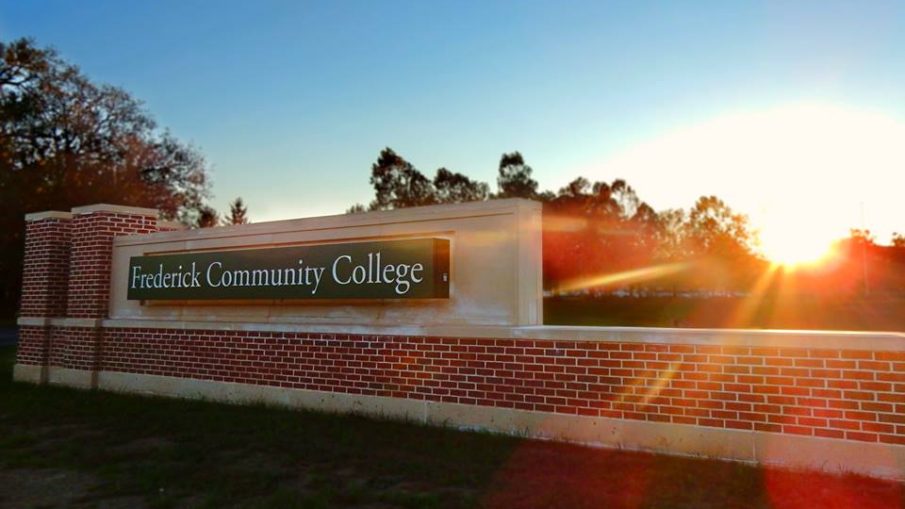By Jay Henry
The League of Women Voters hosted a Congressional Debate at Hood College on Sunday March 13, 2016 for the Democratic candidates for District 8.
Staged in the Hodson Auditorium in Rosenstock Hall, the event took place on March 13 and included 9 candidates. The candidates were Kumar Barve, Dan Bolling, David Trone, David Anderson, Will Jawando, Joel Rubin, Kathleen Mathews, Ana Sol Gutierrez and Jamie Raskin.
The debate was moderated by Robert McCartney from the Washington Post and started out with McCartney asking the candidates what areas in their previous work and career uniquely qualifies them to work in Congress.
“[I have] federal policy experience,” said Will Jowanda. “I worked for Nancy Pelosi and President Obama.”
Beginning the actual debate, McCartney asked the candidates about gerrymandering.
Gerrymandering is when officials redistrict voting areas in a way that benefits one party.
Most of the candidates were against gerrymandering, such as Ana Sol Gutierrez who has voted against it in the past.
“It was very important to stand up to it when it counted,” said Gutierrez.
However, Jamie Raskin, who has previously voted in favor of gerrymandering, expressed a different attitude.
“If you’re not going to vote for it, you would never vote for redistricting,” said Raskin.
When asked on policies like the Trans- Pacific Partnership that increase trade relations with other nations, a few candidates were split.
“I would always oppose it,” said Dan Bolling.
“We do need to be engaged in the world,” said Joel Rubin.
The candidates were asked how they might handle difficult decisions, and whether they would go against the Democratic Party they felt it was wrong.
Jamie Raskin said he had worked with Republicans before on a bill that allowed wine to be shipped directly to consumers.
“If nothing else, I’m the guy who brought you direct wine shipment,” said Raskin.
On the same question, David Trone said he would go against the Democratic Party if need be.
“I would fight leadership in a heartbeat. And If we have to, we stand up and fight to the bitter end,” said Trone.
Then, the candidates were asked about President Obama’s nuclear deal with Iran. The candidates were again mostly on agreement that diplomacy was the best option.
“I was advocating for diplomacy,” said Rubin. “We made sure American security came first.”
Anderson was the candidate who expressed the toughest opinion on Iran, advocating for tougher negotiations.
“Just this week the Iranians broke another sanction,” said Anderson.
McCartney then started asking the candidates a couple questions submitted by Hood students.
On the subject of poverty and homelessness in America, the candidates all agreed the nation needs to be more active. David Trone was especially critical of the current state of poverty.
“It’s a total national disgrace,” said Trone. “We have to better. We have to do a lot better.”
Will Jowanda expressed a similar stance on poverty, and explained why he feels he’s suited to fight it.
“We need people who actually understand what people are going through in Congress,” said Jowanda.
The next audience submitted question was on gun control in America, along with the rising trend of gun violence.
Kathleen Mathews suggested her years of reporting crime gives her experience on the subject.
“I reported on stories and gun deaths for thirty years,” said Mathews.
Overall, all of the candidates seemed to agree that there’s a problem.
“I genuinely believe the nation is reaching a tipping point,” said Barve.
As a closing, each candidate was given one minute to finish up and get a last word in.
“It’s so important, I think, to be willing to come before you to share our ideas. Share who we are,” said Sol Gutierra, the last candidate to speak. “On April 25 you have a very important decision to make.”

